Mini-expedition: sustainable marine fish farm in Sai Kung, Hong Kong
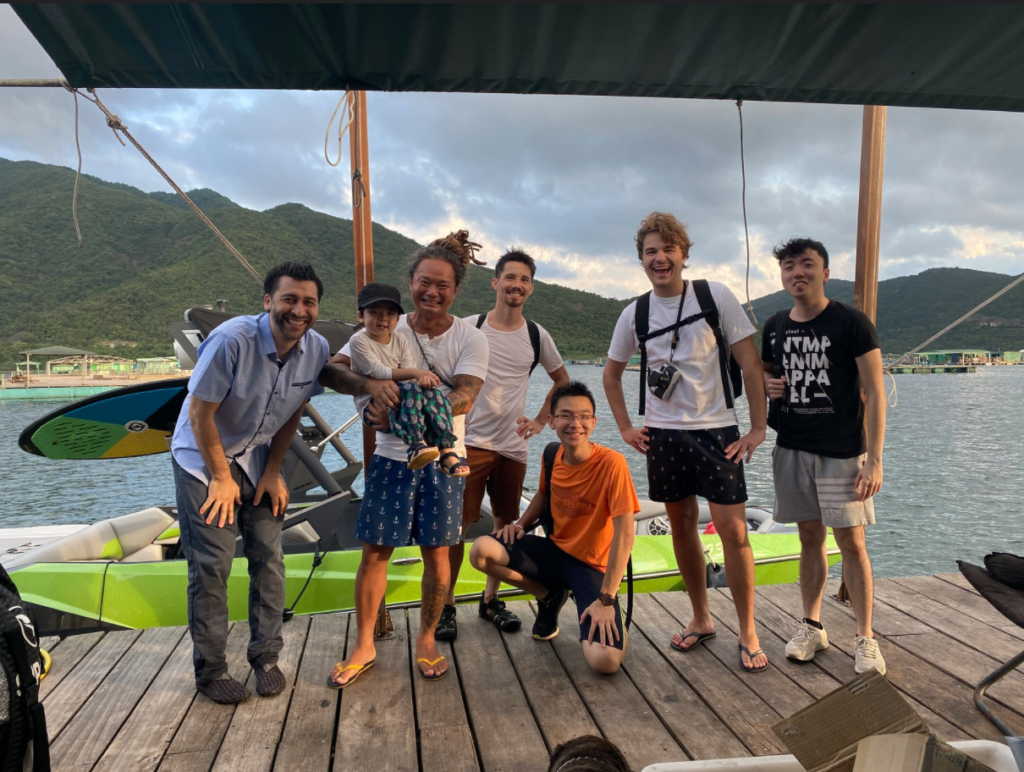
To visit a fish farm, one must find it!
We were very lucky to visit HK Aquaculture a few days ago!
Location
In search of a site to test our concept of marine technologies for MakerBay and the Floating Marine Laboratory at HKU, we were looking for sustainable aquaculture. After a google search “Marine fish farm hong kong’, we came across this marine fish farm: Hong Kong Aquaculture is one of the few established marine fish farms in Hong Kong. Located at the marine culture raft in Yung Shue Au, Sai Kung. I contacted them and quickly on Facebook, triangulated the relationship for a background check – and only got positive feedback. The people who run “本土養殖 Hong Kong Aquaculture” have been collaborating with The Nature Conservancy and Prof Bayden Russel of the Marine Future Laboratory at the University of Hong Kong. Hong Kong Aquaculture responded a few hours later, and I asked to arrange a visit to the site with a few of my students.
History
When we arrived on the site in Three Fathoms Cove, Sai Kung, we saw a large aggregation of floating farms – that was more spaced out than what I saw in Ma Wan, which was more compact. But same there, most of the fish farms were no longer massively producing fish, but rather serving recreational fishermen, that would come and fish with a pole right into a fish-dense net.
Source: South China Morning Post
A few years back, massive red tides had essentially wiped out fish farms, and the government recommended that HK marine farms no long produce fish because of
- the pollution risk: sanitary risk of eating the marine catch
- the occupational risk: most marine workers are getting close to retirement age
- the rather low economic productivity: it is hard to compete with low cost massively manufactured seafood.
Red tides are not new, but with global warming, they are increasing in intensity and frequency.
People
We met some amazing people there.
Alex Lam showed us around their floating world. They showed us how they care for the fish, from baby to adult, looking after every details of their environment, diet, wellbeing. It was amazing to see their dedication and how much they have invested already, and how hard they work every day to grow these creatures.
Type of Aquaculture

They also shared how climate change is severely affecting their business and their prospects. How they need to buy oxygen into expensive tanks to minimize the negative effects of hypoxia. How they need to constantly clean the pens from fouling and protect the fish from parasites, without using antibiotics and synthetic chemicals in the water. They do find many solutions from the wisdom of the old fish farmers, and by constantly educating themselves online and traveling around the world, visiting fish farms, as well as working with local NGOs and academics. It was really inspiring how they are involved in a humane way killing of fish and how they are promoting such practice.
They say that such specialized type of fish that is
- local
- without antibiotic
- sustainably farmed
- killed humanely
is part of their effort to obtain very high international certification to be able to sell to the top local and international outlets.
They also talk about the difficulty to obtain rights and high cost to establish a floating farm, the real estate developers lobbying against marine fish farms, and tycoons buying up large floating platforms, not for fishing, but for rare occasion entertainment.
Under the farm
In the framework of the “Floating Marine Laboratory” – for the purpose of removing pollution, it is very interesting to go underwater the farm and see which species of filtrating animals are native to the Three Fathoms Cove, Sai Kung. I found many species underwater – which was very encouraging. In the next few weeks, we’ll work to identify these and target the combination of species that can remove the most pollutants.
Inspiration for the Floating Marine Laboratory
In the future, Alex wants young people to get into “smart fish farming”. It is now hard work, and they want to see how to make it smarter, with new technologies.
At MakerBay and HKU, we are particularly interested in the possibility to repurpose marine fish farms to clean the water and avoid future red tides. The idea is that fish farms are necessary to feed the growing world population demand and aquaculture can be part of the solution. And that will only be possible when the water is clean enough to do that. So, let’s get to work on that!
Please buy their delicious fish!
You can go volunteer to help with the operations of the fish farms and learn about their practice.
If you like fish and you are in Hong Kong, please get in touch with
https://www.facebook.com/HKAquaculture
And get your yummy, local, antibiotic-free, sustainably farmed, killed humanely affordable fish!

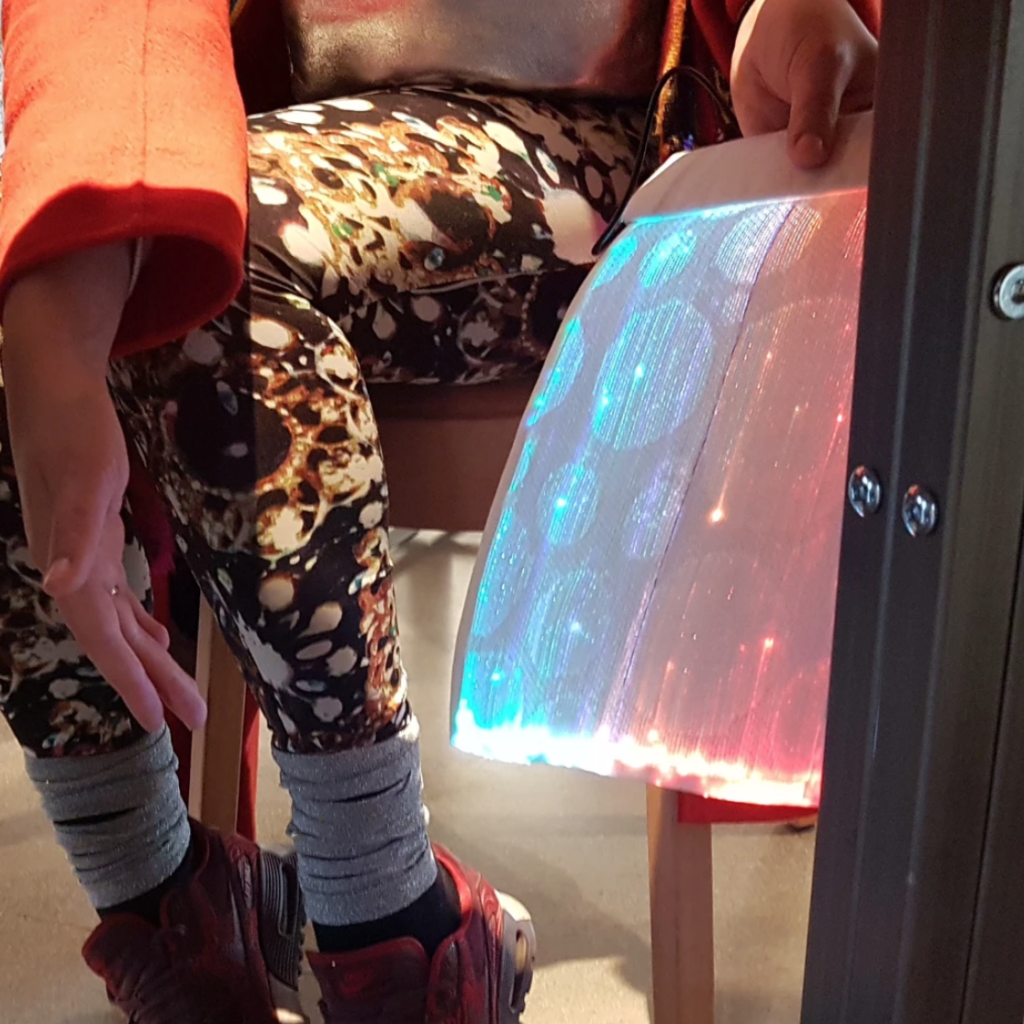
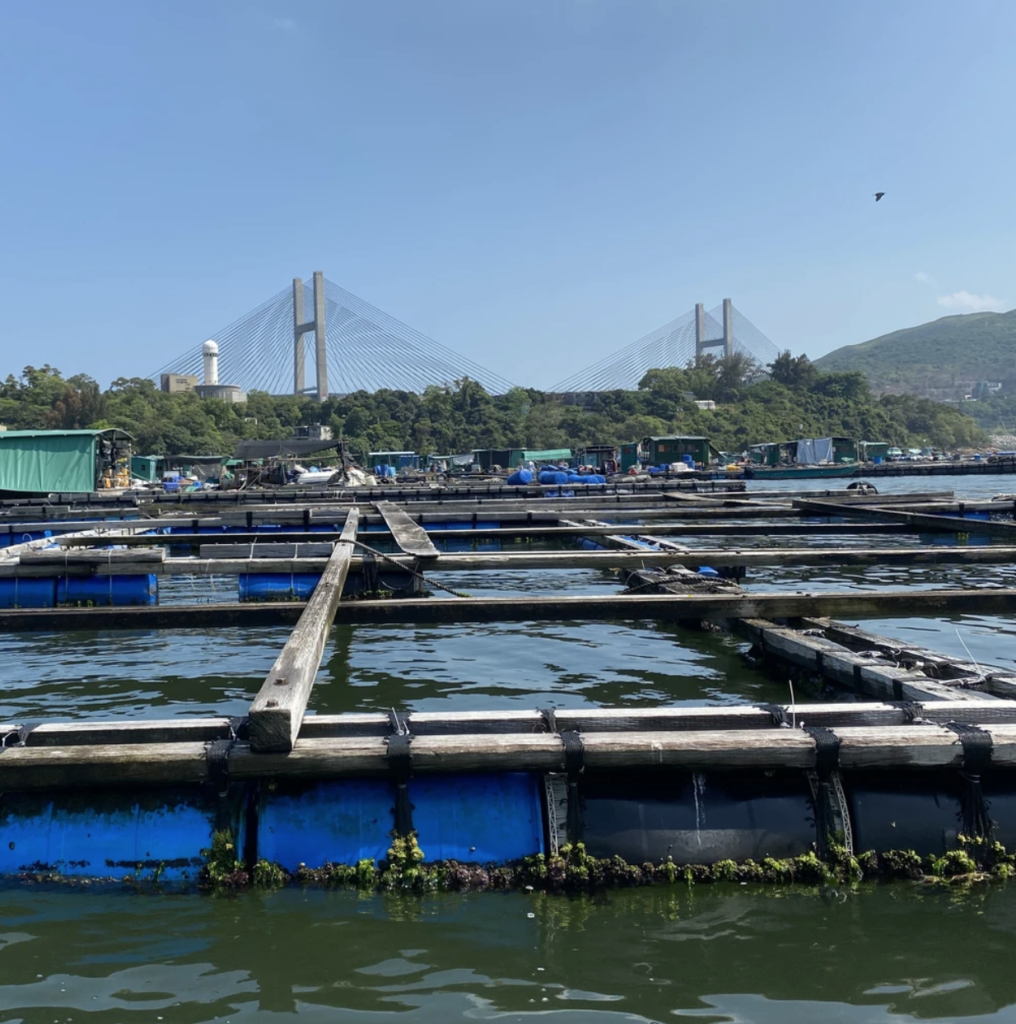
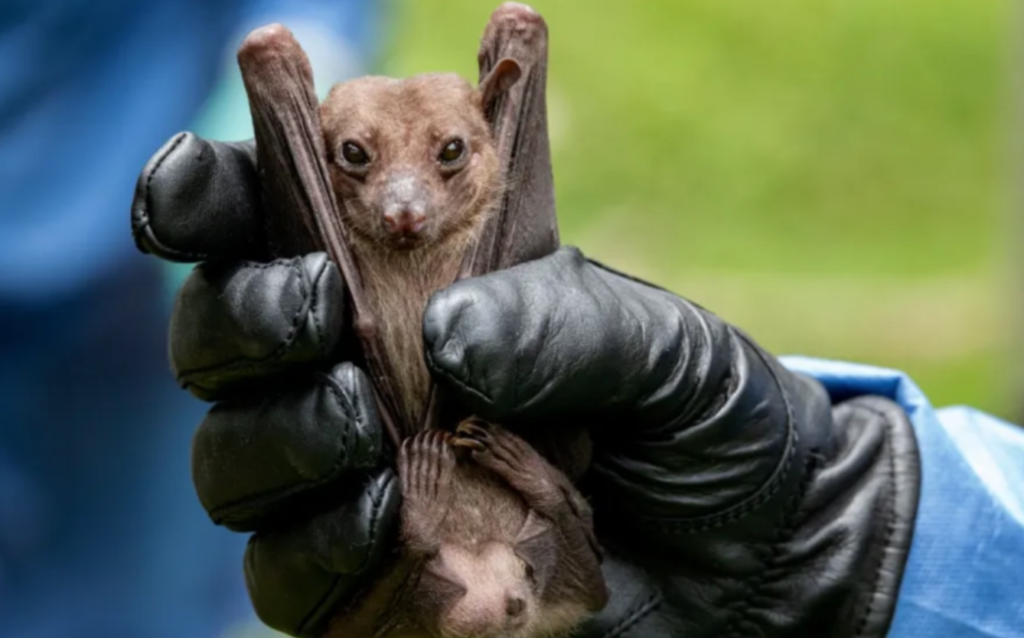
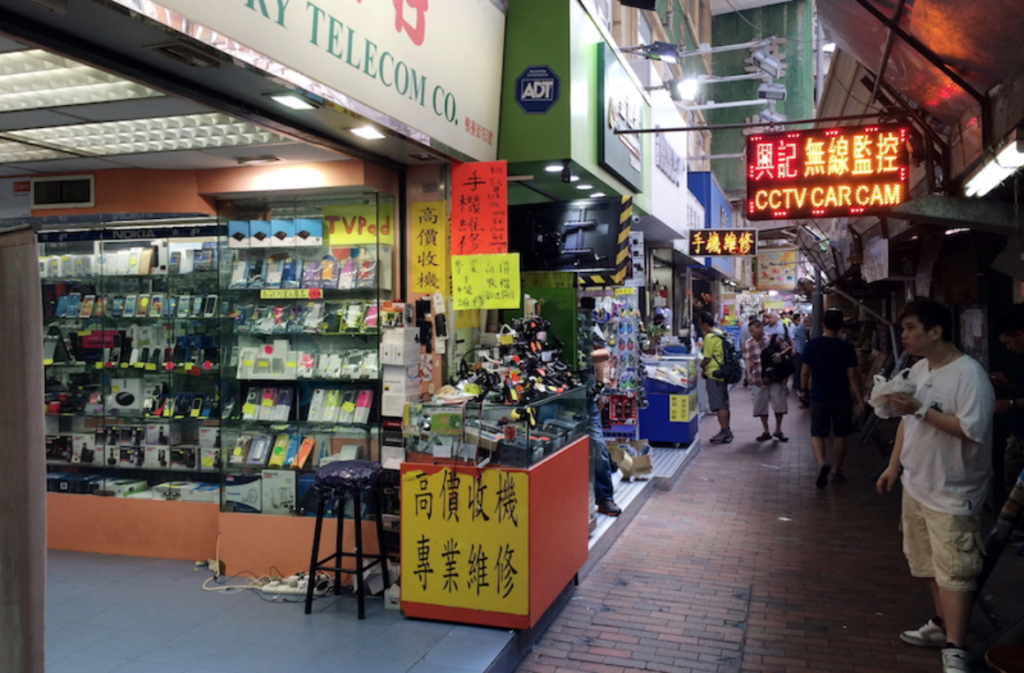
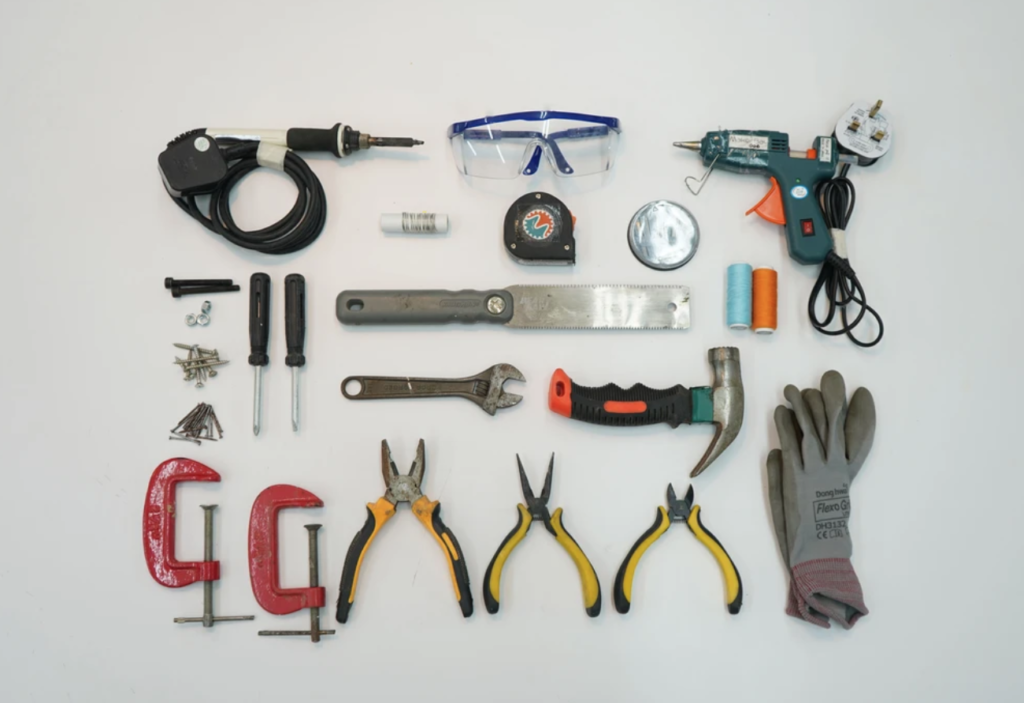
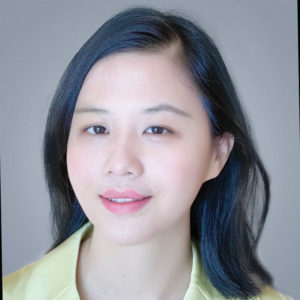
Responses